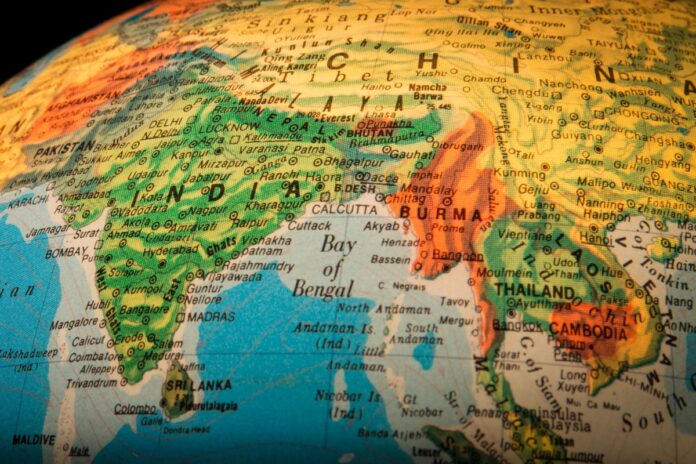In November, Vodafone Group’s CEO, Nick Read, said he would liquidate the Indian opco if the remedies it requested from the Indian government were not met.
Vodafone Idea, the Group’s embattled Indian joint venture saw its shares fall by as much as 39% at the end of last week after the country’s Supreme Court upheld a ruling that telecoms companies collectively pay $13 billion in retrospective licence and spectrum fees, penalties and interest.
Judges ignored petitions from telcos, and stuck with the ruling made in October.
Vodafone owns 45% of the Indian joint venture, whose shares rebounded slightly on the news that India’s highest court might extend the deadline for payment of $7 billion to 23 January. Of that $4 billion are in back penalties.
Vodafone said it is exploring other options after the news.
No provision
Bharti, the other telco that has been hardest hit by the judgement, has made provision for payment but Vodafone Idea has not.
Vodafone Group’s CEO, Nick Read, flew to India last October with its Chairman, Gerard Kleisterlee, to have emergency talks with the Indian government, asking it to intervene.
At the press conference to report its half-yearly figures on 12 November, Read said the government was left in no doubt about the “criticality” of the situation and had said it did not want a monopoly in India.
It also took the unusual step of setting up a committee of secretaries to look into the matter.
Like Bharti, Vodafone Idea is already struggling in a price war wreaked by Reliant Jio and the fines are only likely to hamper its ability to compete further. Also, as a newer company Jio, owned by India’s richest man, only faces payments of $2 million, which puts it in an even stronger position.
Vodafone has invested $20 billion in India, including its initial stake to enter the market back in 2007. It merged with Idea in 2018 to help it compete better against Jio.
Requests
The Indian telecoms industry asked the government:
• to allow spectrum payments over the 20 years of the licence to give it some breathing space.
• to lower the taxes and fees borne by the sector, which have just increased and increased until they have become unsustainable.
• to waive interest and penalties, and interest on penalties – as Read pointed out, in Vodafone’s case only $900 million of the $4 billion it is being asked to pay is the principal – and allow repayment of the principal over ten years.
Liquidation?
Although Vodafone Idea has 300 million customers and about 30% market share of the market, Read said, “We have reached the point where we cannot put in any new equity”.
He was hopeful at the time that the specially formed Committee of Secretaries would come up with acceptable remedies, but the only thing the government has done is deferred payment of certain licence fees for two years.
Read said, “I am very clear what the requirements are needed for us to be a sustainable business going forward.”
Asked if these were not forthcoming what would do – shut up shop or sell the business? He replied, “How that plays out if you are not a going concern, is you move into a liquidation scenario.”




